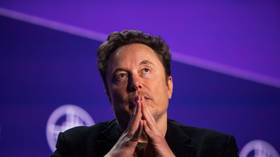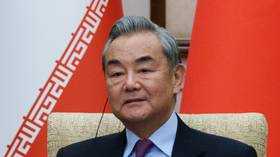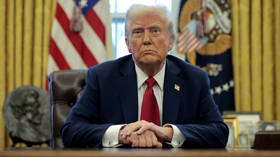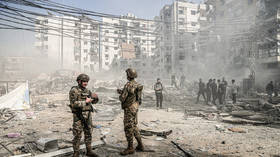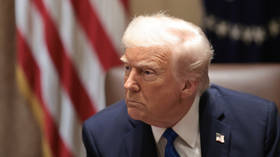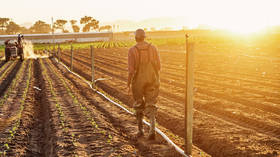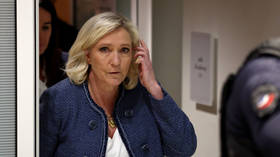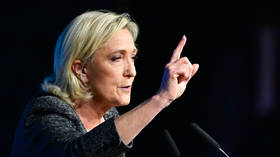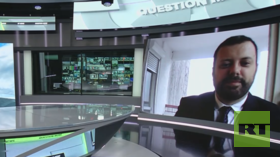Pope warns of AI dangers
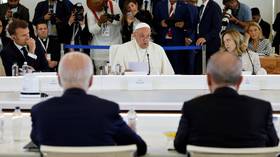
Pope Francis, who on Friday became the first ever head of the Catholic Church to address a G7 summit, has warned of the challenges the rapid development of artificial intelligence poses for mankind.
AI is an “exciting and fearsome tool” that needs strict human oversight, the Pontiff told the leaders of Canada, France, Germany, Italy, Japan, Britain, the US, and the EU during a gathering at the Borgo Egnazia resort in the Italian city of Fasano on Friday.
The algorithms “can only examine realities formalized in numerical terms,” while humans who have wisdom and can listen to Sacred Scripture “not only choose, but in their hearts are capable of deciding,” he said.
It is paramount “that decision-making, even when we are confronted with its sometimes dramatic and urgent aspects, must always be left to the human person,” Pope Francis insisted.
“We would condemn humanity to a future without hope if we took away people’s ability to make decisions about themselves and their lives, by dooming them to depend on the choices of machines,” he said.
The Pope urged a creation of “space for proper human control over the choices made by artificial intelligence programs,” stressing that “human dignity itself depends on it.”
He specifically called upon the G7 leaders to outlaw the use of lethal autonomous weapon systems, arguing that “no machine should ever choose to take the life of a human being.”
According to Francis, an algorithm is “neither objective nor neutral” as it is always shaped by “the worldview of those who invented and developed it.” In the modern world where it is “increasingly difficult to find agreement on the major issues concerning social life,” a set of “global and pluralistic” principles for the development of AI should be created that would gain “support from cultures, religions, international organizations and major corporations,” he said. The Pontiff called such an approach “algor-ethics.”
The Pope acknowledged that AI algorithms can make access to knowledge easier, provide for the exponential advancement of scientific research, and reduce the amount of hard physical labor done by people. But in order for them to become “instruments for building up the good and a better tomorrow, they must always be aimed at the good of every human being,” he added.
“It is up to everyone to make good use of [AI], but the onus is on politics to create the conditions for such good use to be possible and fruitful,” the head of the Catholic Church stressed.
Francis has long been concerned by artificial intelligence, with the church’s Pontifical Academy for Life being among one of the first signatories of the 2020 Rome Call for AI Ethics, which urged transparency, inclusion, accountability, impartiality, reliability and privacy in developing AI algorithms.
